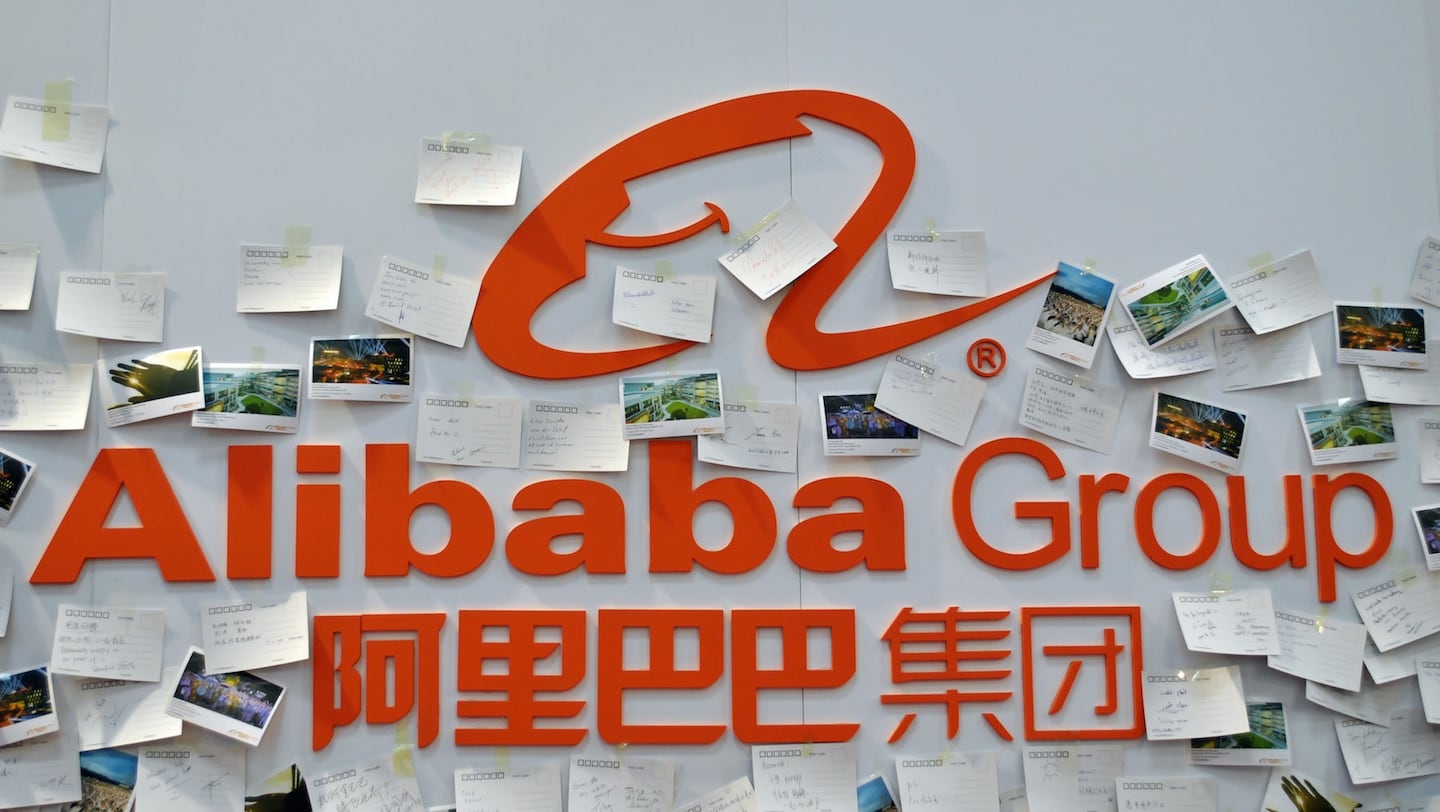
The Business of Fashion
Agenda-setting intelligence, analysis and advice for the global fashion community.

Agenda-setting intelligence, analysis and advice for the global fashion community.

HANGZHOU, China — China's Alibaba Group Holding Ltd beat estimates for quarterly revenue on Thursday, as its core e-commerce business continued to grow following China's emergence from coronavirus lockdowns.
The results come on the heels of China's surprise suspension of Alibaba affiliate Ant Group's record $37 billion Shanghai listing that was viewed by analysts and investors as an attempt to cut founder Jack Ma and his financial services empire down to size.
Alibaba’s results also coincide with US presidential election results, with Democrat Joe Biden edging closer to victory. Under Donald Trump’s presidency, the world’s top two economies have clashed often over trade, forcing many Chinese companies to put off U.S. listings or return to exchanges close to home.
Revenue at Alibaba’s cloud computing business, a focus area for the company, jumped 60 percent to 14.9 billion yuan. Meanwhile, sales from Alibaba’s core e-commerce business rose 29 percent to 130.92 billion yuan in the reported quarter.
ADVERTISEMENT
Net income slumped 63 percent to 26.52 billion yuan, as the company had booked a one-time gain last year from its 33 percent equity interest in Ant Group.
Revenue rose 30 percent to 155.06 billion yuan in the quarter ended Sept. 30, compared to estimates of 154.74 yuan, according to IBES data from Refinitiv.
The company’s US-listed shares, which have gained about 39 percent this year, fell 1.8 percent in trading before the bell.
By: Munsif Vengattil and Josh Horwitz; Editor: Shinjini Ganguli
With consumers tightening their belts in China, the battle between global fast fashion brands and local high street giants has intensified.
Investors are bracing for a steep slowdown in luxury sales when luxury companies report their first quarter results, reflecting lacklustre Chinese demand.
The French beauty giant’s two latest deals are part of a wider M&A push by global players to capture a larger slice of the China market, targeting buzzy high-end brands that offer products with distinctive Chinese elements.
Post-Covid spend by US tourists in Europe has surged past 2019 levels. Chinese travellers, by contrast, have largely favoured domestic and regional destinations like Hong Kong, Singapore and Japan.